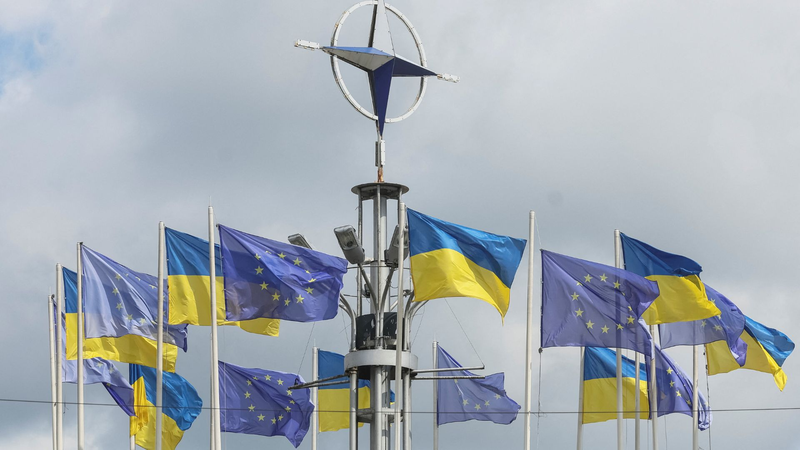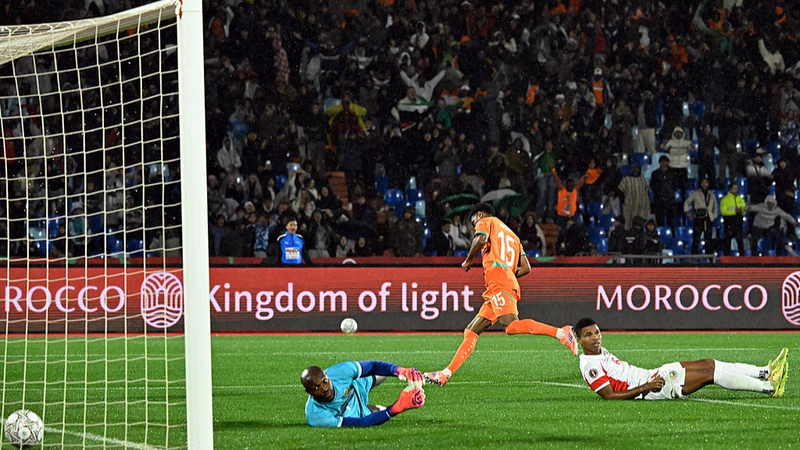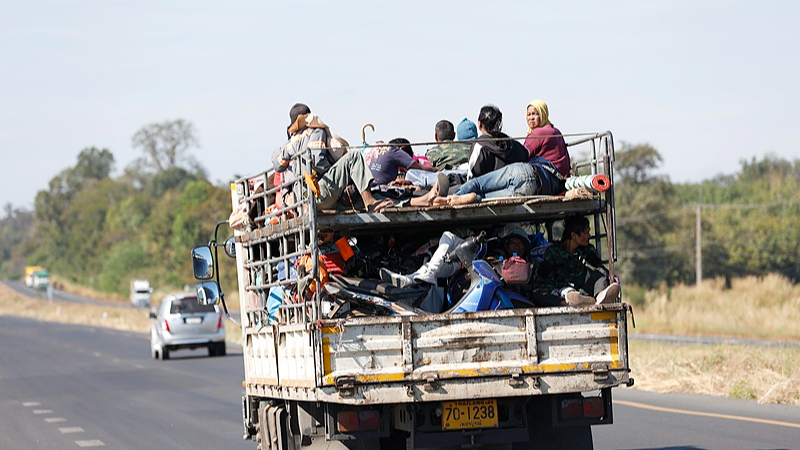EU member states, speaking out ahead of Friday’s U.S.-Russia summit in Alaska, have made it clear: Ukrainians must have the freedom to decide their own future. In a rare show of unity—Hungary aside—European leaders underscored that any peace talks should centre on a genuine ceasefire and shield Kyiv’s and Europe’s core security interests.
A unified stance (with one outlier)
On Tuesday, the heads of state and government from all EU nations except Hungary released a joint statement pledging their support for Ukraine’s right to self-determination. "Meaningful negotiations can only take place in the context of a ceasefire or reduction of hostilities," the statement read, adding that a defensible Ukraine is crucial for future security guarantees.
This declaration comes as President Volodymyr Zelenskyy and European leaders prepare to touch base with U.S. President Donald Trump on Wednesday—a day before he meets Russian President Vladimir Putin. Kyiv and its European backers worry that Washington, Ukraine’s top arms supplier so far, could push for terms that favour Moscow.
Hungarian Prime Minister Viktor Orban, a noted sympathizer of President Putin, openly mocked his EU counterparts on social media. Arguing that Europe had been sidelined, Orban proposed an EU-Russia summit on the model of the U.S.-Russia meeting—prompting criticism that such a step would undermine a cohesive EU foreign policy.
Small victories in Sumy
On the ground, Ukraine has rolled back Russian advances in the Sumy region. Ukrainian forces say they retook two villages in the east, part of a broader push to halt months of incremental Russian gains along the 1,000-kilometer frontline. General Oleksandr Syrskyi, the top commander in Ukraine, described the effort as "tough but vital" in defending the nation’s sovereignty.
Data from the Deep State mapping project shows that Russian forces currently control about 200 square kilometers in Sumy, and roughly 114,000 square kilometers nationwide, including Crimea. While the figures highlight Russia’s extensive territorial grip, Kyiv’s recent gains signal that momentum may be shifting, even if slowly.
What’s next?
With the spotlight on Alaska, all eyes will be on whether the U.S.-Russia summit honours Europe’s call for Ukraine-led diplomacy and a real ceasefire. For a new generation of global citizens—entrepreneurs, digital nomads, activists and sports fans—the outcome could reshape not just geopolitics but the rules of engagement in an increasingly interconnected world.
Reference(s):
EU leaders say Ukraine should have freedom to decide its future
cgtn.com



